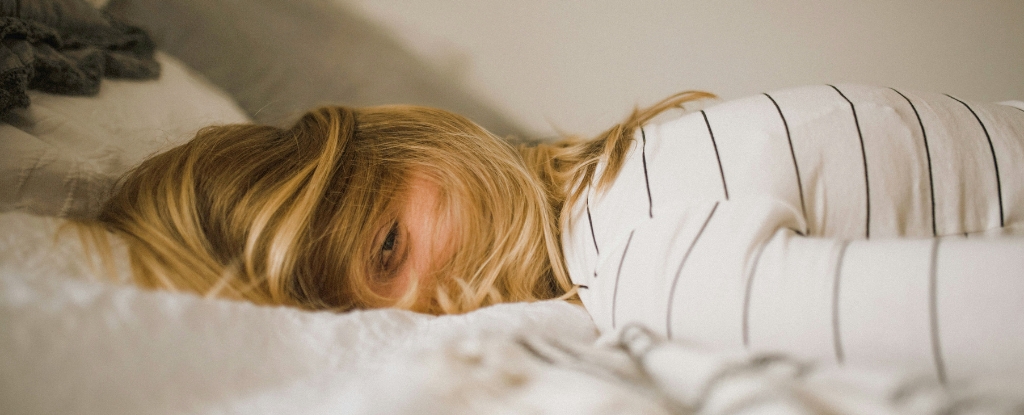
The debate over whether women need more sleep than men has gained attention, especially on social media platforms. While some claims suggest women require an additional one to two hours of sleep, research presents a more nuanced picture. A blend of biological, psychological, and societal factors influences sleep patterns for both sexes. Analyzing how sleep is measured and the various influences offers deeper insights into this ongoing discussion.
What Research Reveals About Sleep Patterns
Most research on sleep examines it through two primary lenses: objective data and self-reported experiences. Studies indicate that women generally sleep about 20 minutes more than men. A global study involving nearly 70,000 participants who used wearable sleep trackers showed a consistent difference in sleep duration across age groups. For instance, men and women aged 40–44 had a sleep difference of approximately 23–29 minutes. Another significant study using polysomnography found that women sleep around 19 minutes longer than men and spend more time in deep sleep—about 23 percent of the night compared to 14 percent for men.
Despite these findings, the average difference does not imply that every woman requires more sleep than every man. Individual sleep needs vary widely, much like height. The assumption that all women need an additional twenty minutes, let alone two hours, oversimplifies the complexity of sleep requirements.
While studies suggest women sleep slightly longer, they frequently report poorer sleep quality and are about 40 percent more likely to be diagnosed with insomnia. This discrepancy between lab findings and real-world experiences poses a challenge in sleep research, as many studies do not adequately consider mental health issues, medication use, and hormonal changes. These factors significantly shape sleep quality and duration in everyday life.
Biological and Psychological Influences on Sleep
Biological factors play a crucial role in sleep disparities between genders. Issues often begin around puberty and can spike during pregnancy and perimenopause. Fluctuating levels of ovarian hormones, particularly estrogen and progesterone, contribute to these differences. For example, many women report disrupted sleep during the premenstrual phase when hormone levels begin to fall. The decline in estrogen during perimenopause is particularly linked to increased sleep disturbances, such as waking frequently during the night.
Certain health conditions prevalent among women, such as thyroid disorders and iron deficiency, also correlate with fatigue and sleep disruption. These health issues can exacerbate sleep challenges, making them more pronounced.
Psychological factors further complicate the sleep landscape. Women are statistically at a higher risk for depression, anxiety, and trauma-related disorders, which often accompany sleep difficulties. Cognitive patterns like worry and rumination are also more common among women and can negatively impact sleep. Additionally, antidepressants, which are prescribed more frequently to women, can influence sleep quality.
Social dynamics contribute significantly to sleep patterns as well. Women continue to bear a disproportionate burden of caregiving and emotional labor. Recent data from Australia indicates that women dedicate an average of nine more hours per week to unpaid care compared to men. While many women strive to prioritize sleep, their opportunities for daytime rest are frequently limited, placing added pressure on their nighttime sleep to deliver essential rest and recovery.
Ultimately, while sleep is a critical factor in overall health, it is often intertwined with deeper issues, such as underlying health conditions, emotional stress, and unrealistic expectations. For example, higher rates of iron deficiency in women during their reproductive years coincide with the demands of parenting and managing numerous responsibilities.
The current body of research often overlooks gender-diverse populations, limiting the understanding of how identity and social context shape sleep experiences.
In conclusion, while studies indicate that women generally sleep longer and deeper in controlled settings, they face numerous barriers to achieving restorative sleep in their daily lives. The evidence suggests that, on average, women may need slightly more sleep than men. However, the more pressing concern is the need for increased support and opportunities for women to recharge both during the day and at night, as emphasized by Amelia Scott, Honorary Affiliate and Clinical Psychologist at the Woolcock Institute of Medical Research and Research Fellow at Macquarie University.







